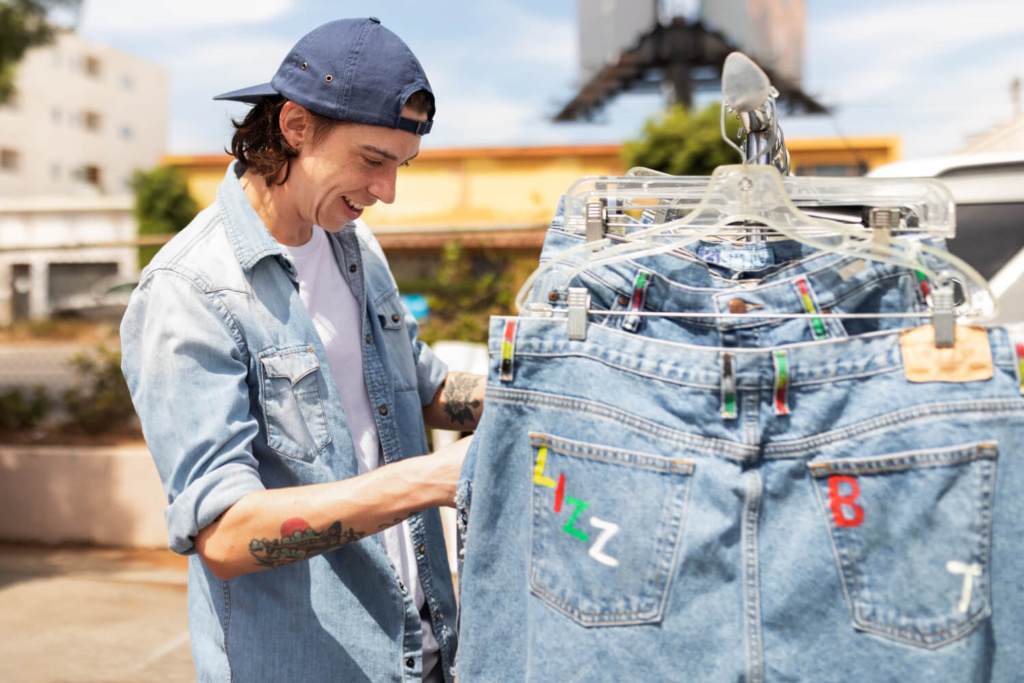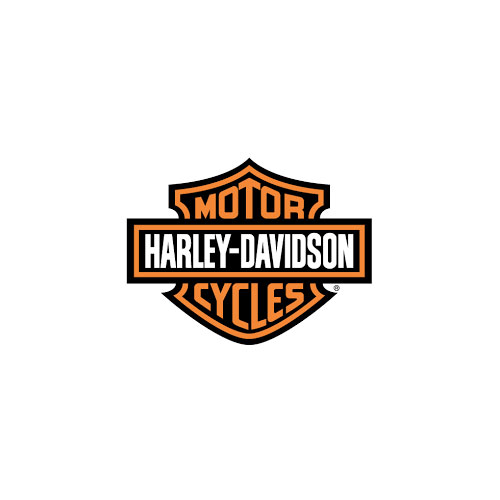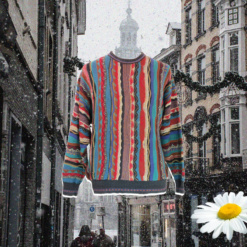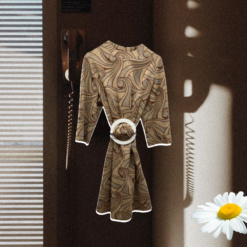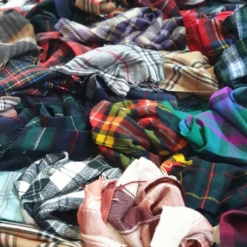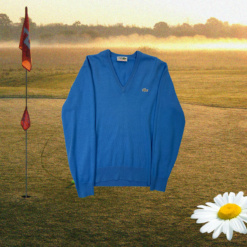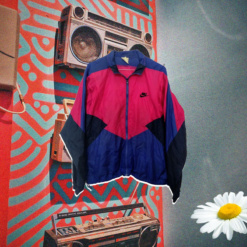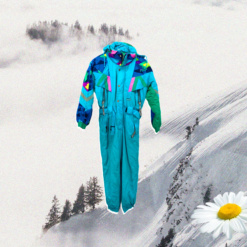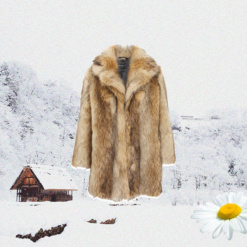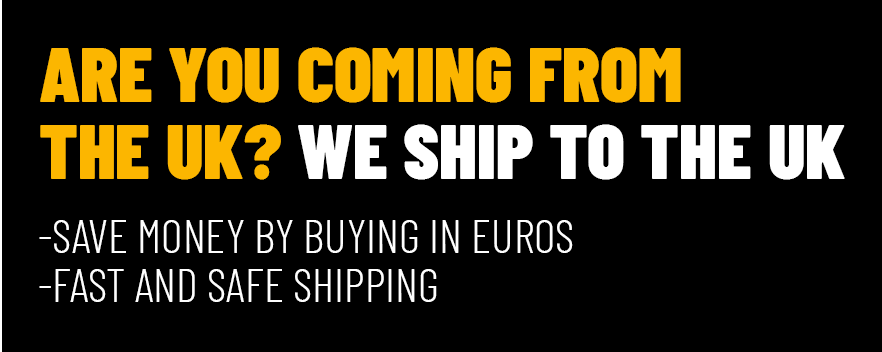Vintage clothing
How to choose Clothing Suppliers for your business?
If you are the owner of a clothing store (physical or online), finding clothing suppliers for your business is essential, unless the products for sale are the result of your creativity.
It is a fact, the role of suppliers is key to the life and success of your clothing store. There is even a fundamental principle to select them according to your requirements: focus attention on a particular selection of clothes, the quality of the materials and the price.
How to choose clothing suppliers for your business, however, requires considering other important factors. This is where this article will be useful for you to understand the world of clothing suppliers and based on what criteria to choose the one that best suits the needs of your store.
Do you have an online store or a physical store?
It is necessary to distinguish between the physical store and the online one. The physical store has expenses to assume, such as the possible rent of the premises, high management expenses, staff salaries and warehouse expenses. The group of potential buyers, therefore, is local.
The online clothing store, on the other hand, is less expensive and demanding than the offline store. The user base is much larger, but online sales can be uncertain for a number of reasons:
- You need a warehouse management and e-commerce system.
- The competition is fierce.
- Investing in online advertising is essential to have visibility.
Depending on the type of store, the target audience (who to sell to?) and the selection of clothing items are important factors in choosing clothing suppliers for your business.

Types of suppliers: How to choose Clothing Suppliers?
Distinguishing between types of providers is also another important element. Currently we can of four classes: manufacturers, distributors, stockists and wholesalers:
Manufacturers
They refer to those who directly create the product. Usually the price is lower than the others (but not always).
Turning to the manufacturers seems to be the most advantageous option in economic terms, however, it is not possible for various reasons. They don’t typically sell to retailers, direct sales are only for very large purchases, and the choice of products is limited.
Dealers
They deal with the distribution of clothing from producers in the territory, online and, in addition, they look for wholesalers.
Storekeepers
They buy low cost warehouse inventory from wholesalers, manufacturers, general stores and sell it to retail at bargain prices.
Wholesalers
They are the intermediaries between the producers, distributors and the stores or retail distribution companies. This means that you should contact clothing wholesalers if you want to start or maintain your business.

Clothing suppliers: how to find the best?
How to choose clothing suppliers for your business involves finding reliable sources; especially if you want to create a sustainable income. In other words, you’ll need to find reputable vintage clothing wholesalers and distributors to work with.
Finding and building a trusted relationship with clothing suppliers, however, can be more difficult than you think. The thing is, if you’re trying to find wholesalers for your clothing store and build a smooth, long-term business relationship with them, the following tips will help:
Search the web
The starting point for choosing vintage clothing suppliers for your business is to research and gather information on potential clothing wholesalers of interest to you. Consult Google, specialized websites and markets to gather information and skip a first list of wholesalers (not necessarily in your region or country).
Select by brands
Depending on the type of garments that are going to be sold and the brands to be dealt with, start a first selection of vintage clothing suppliers. Discard or leave on the list of wholesalers to contact those who offer selections of garments closest to the reference target of your business.
Get closer to the center
If some of the selected clothing wholesale centers are located near your region, our advice is to come closer and see the products that you are going to offer to your potential customers, remember that you must previously make an appointment for the showroom.
An alternative is participation in fairs and dedicated events.
Delivery times
A vintage clothing supplier must be familiar with delivery times to allow the retailer to keep waiting customers at bay. If you have an online store, for example, considering the fast shipping times to the final buyer, it is important that the wholesaler has equally fast times.
The “time” argument is essential for online sales, since users are willing to leave negative comments about the shipment, compromising the image of the business.
Quantity and quality of clothing
Inform yourself well about the minimum quantities of clothing purchases and the quality of the products. Read online reviews for information about the wholesale center or visit the office, this way you can establish a relationship with the staff and get as much information as possible about the range of products that the company offers in quantitative and qualitative terms.

Constant comunication
Vendors must be quick to communicate changes to opening hours, new products and prices. Quick communications from wholesalers allow you to apply new strategies to acquire new customers, sell and retain old buyers.
The price
The price should not be underestimated. Especially if your store is online, the competition is fierce, so in order to optimize your income, you need to know the prices offered by the suppliers.
The prices, of course, must be suitable to guarantee the correct profit margins and keep your business alive.
Conclusions
Choosing clothing suppliers for your business first of all involves understanding the types of suppliers that exist and how they work. This will help you make well-informed decisions and choices.
Afterwards, you can start looking for the right wholesalers for your clothing store. Once you have found the centers that you think are the right ones for your business, it is necessary to contact them. There are several questions you have to ask yourself before deciding whether or not to continue.
Ask about the minimum orders that resellers can place, and also make sure that they can allow you to buy vintage clothing in smaller volumes. Compare, on the other hand, the prices of all the wholesalers you contact.
You may want to choose the one that offers the best unit prices, because this way you will make more profit. The delivery time of the order is another factor that you should ask the suppliers about.
Area coordinator
Administrative and human resources manager


